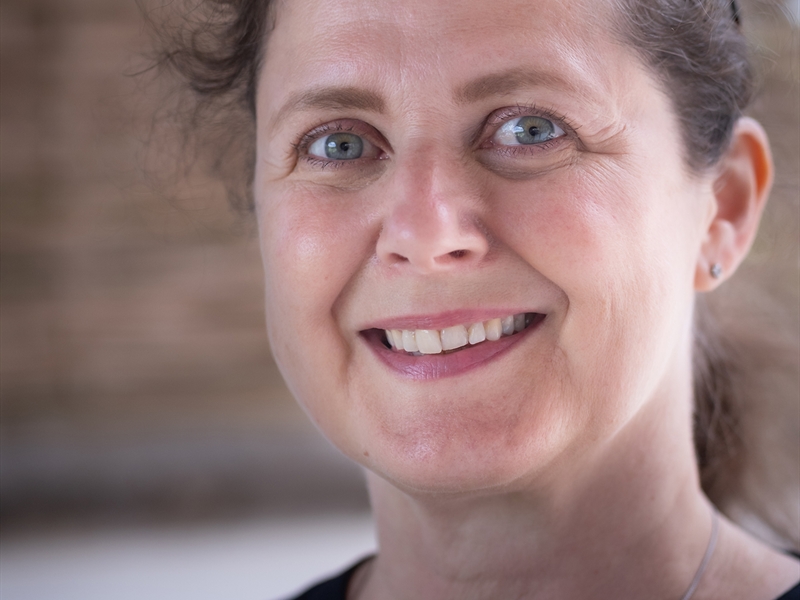Trustee Sarah Coombes led another training session for paramedics on 10 March, with the help of four SCAD patient volunteers.
Senior Paramedics from the London and South East Coast Ambulance Services took part in an online CPD (continuing professional development) session where Sarah provided information about SCAD, and volunteers Rose, Zoe, Paul and Mag told their stories and talked about their experiences as SCAD patients.
Paul Millea, who had his SCAD in 2019 – the evening after he had played a game of semi-professional Rugby – said “I’m really happy to be involved, it gives me a chance to promote our community and raise awareness. Being able to discuss your story with others also really helps you to reflect on your event and better come to terms with it.”
Paul works in construction health and safety and part of his role is running accident investigations, so he has a good understanding of the role of ‘human factors’. Human factors refer to: environmental; organisational and job factors; human and individual characteristics – all of which influence behaviour at work in a way which can affect health and safety.
An increasingly important part of the work Beat SCAD does is trying to reduce the negative impact of detrimental ‘human factors’, in particular, where bias creeps into the care that SCAD survivors experience. A good example of this would be where a woman experiencing clear cardiac symptoms is assumed to be suffering with a panic attack or anxiety because the paramedic doesn’t associate a middle aged woman who has few/no cardiac risk factors with someone having a heart attack. Similarly, a man exhibiting cardiac symptoms may be assumed to be having a traditional form of heart attack, caused by a build up of plaque, when in fact they are having a SCAD heart attack which has a totally different cause and requires different treatment.
Beat SCAD is delighted to have an ongoing relationship with paramedic educators for London and the South East Coast Ambulance Services because they cover a population of 14 million people. The way paramedics hand over their patients to A&E staff (and the hospital they take the patient to) will influence the speed at which SCAD patients receive the tests and care they need – so the more paramedics who suspect SCAD, the better.
Thanks to our volunteers for helping educate paramedics.

